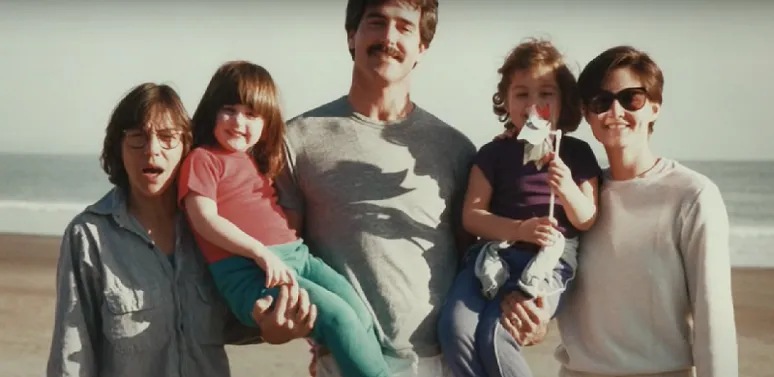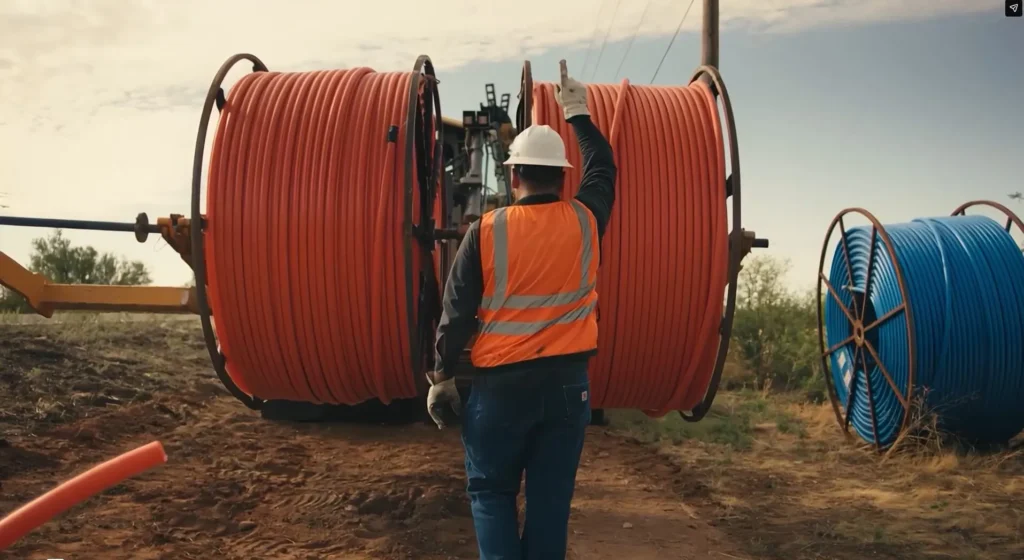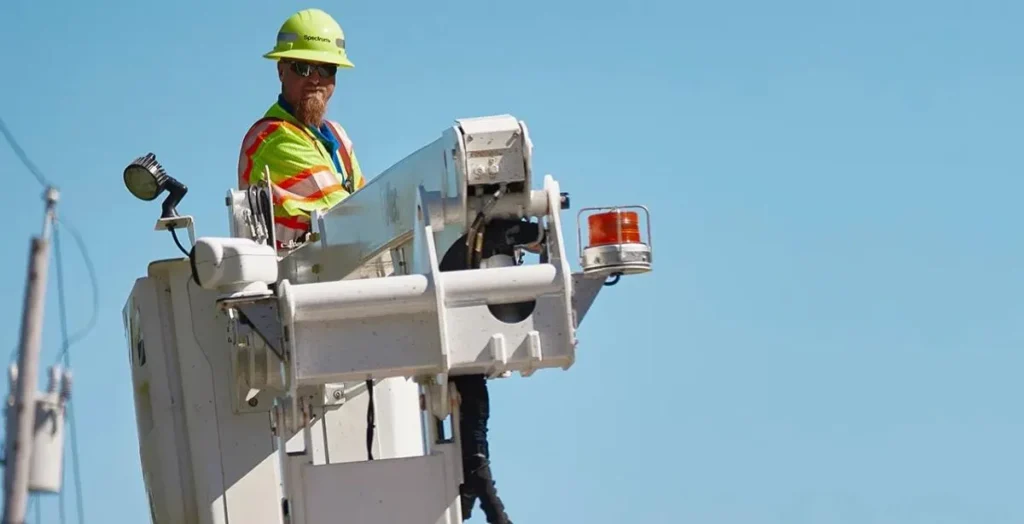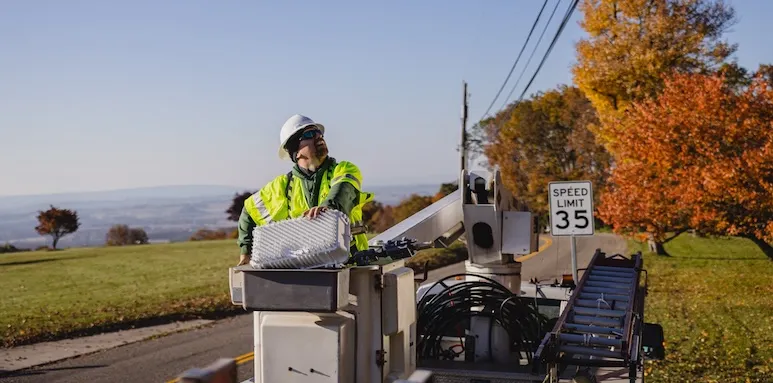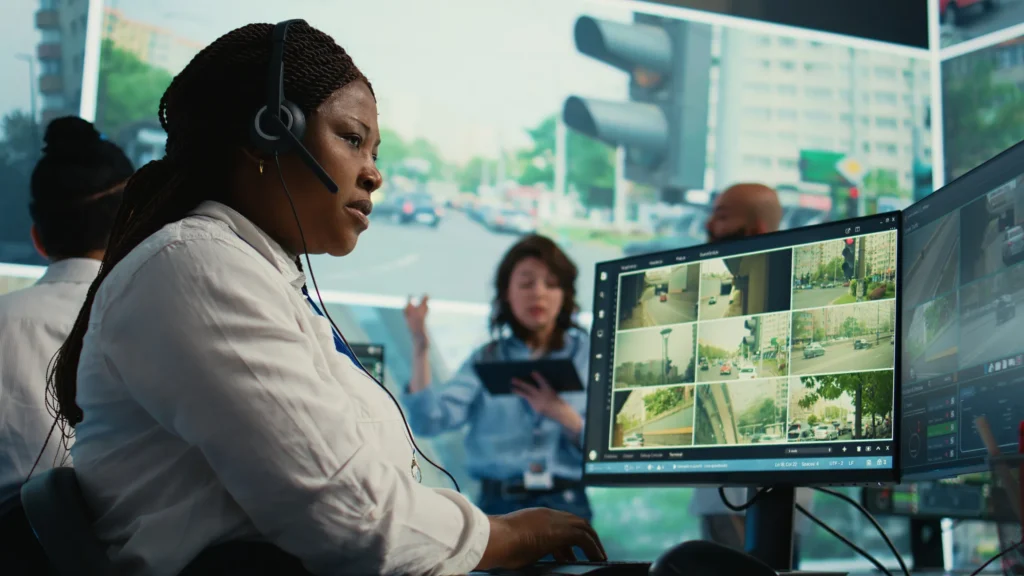This Sunday, HBO premieres a one-of-a-kind, three-part documentary series that not only takes an intimate look at a landmark custody dispute, but is also the filmmaker’s personal story. In “Nuclear Family,” Ry Russo-Young investigates the court case that played out in the early 1990s between her mothers—a lesbian couple—and her biological father, Thomas Steel, who according to Russo-Young’s mothers, acted only as the sperm donor in their quest to have and raise a child together. Years later, Steel ended up suing Robin Young, Ry’s birth mother, for legal rights to Russo-Young while Young’s partner Sandy Russo had no legal rights to participate in the court hearings.
The documentary is unique in that it not only covers a historic case, it also shows audiences the strides that the LGBTQ community has made since the days when it was illegal for same-sex couples to marry, to be recognized as a family of their own if they proceeded to have children, or even to feel safe in coming out to their families and friends. The series features Russo-Young behind and in front of the camera as she interviews her mothers as well as those who were close to her biological father to portray both sides of the story. (Steel passed away in 1998.)
During HBO’s panel at the Television Critics Association press tour earlier this week, Russo-Young, her mothers, and the film producers talked about the importance of the documentary and the tough, complex, and emotional issues that the series explores. “The whole focus of the law was the nuclear, heterosexual family. That was the norm and that was the desired norm. And anything outside of that could be deemed harmful to the child or not in the child’s best interest,” explained Sandy Russo about societal thinking at that time. She added, ” … the birth mother was a lesbian and that wasn’t seen in a very positive light. And it was always deemed that the best circumstance in which a child should be raised is with a mother and a father. And in fact, Mr. Steel raised that argument: ‘Well, it’s always in the child’s best interests to have a father.’ And she was seen as illegitimate unless he was in fact recognized as her legal father. That would cure her illegitimacy.”
Russo-Young also spoke of the challenge of producing a documentary as someone with a scripted storytelling background, as well as having to face her own emotions in telling her family’s story: “I was thinking in the beginning it should be a narrative film. Eventually when I realized that I needed to tell it as a documentary, part of that was because I felt that a documentary could get me closer to the truth of understanding my own feelings, but I could also hear Tom’s side of the story. And I could go to people that knew him and loved him, and I could hear directly from them.”
Producer Dan Cogan elaborated that what makes the documentary so special is that Russo-Young brought herself and her experience to the project, and turned the series into an “incredibly, intimately personal” story for viewers to see. “At the same time, she was able to separate from her emotions and see the narrative as a storyteller,” said Cogan. “And so in making the film we talked a lot about Ry the character, Russo the character, Robin the character. And to make something great, to craft a story, you have to both feel those emotions and also be able to step back and see it as a story that you are building. And I think Ry’s scripted background helped her understand these real people as characters in a story. And I think that speaks to the craft of her storytelling.”
Robin Young also commented how far society has come, and that her family’s case could have turned out completely different in today’s world. “There’s still some distance to go, but the difference between when we were starting out as a family and now, it feels like eons,” she said.
“And the fact that gay people can get married now and it means that they are recognized as legal families, and that fact allows them protections that my moms didn’t have back in the day,” added Russo-Young. “But still, gay people who have children have to cross-adopt each other’s children because certain states still don’t recognize gay marriage and gay families.”

